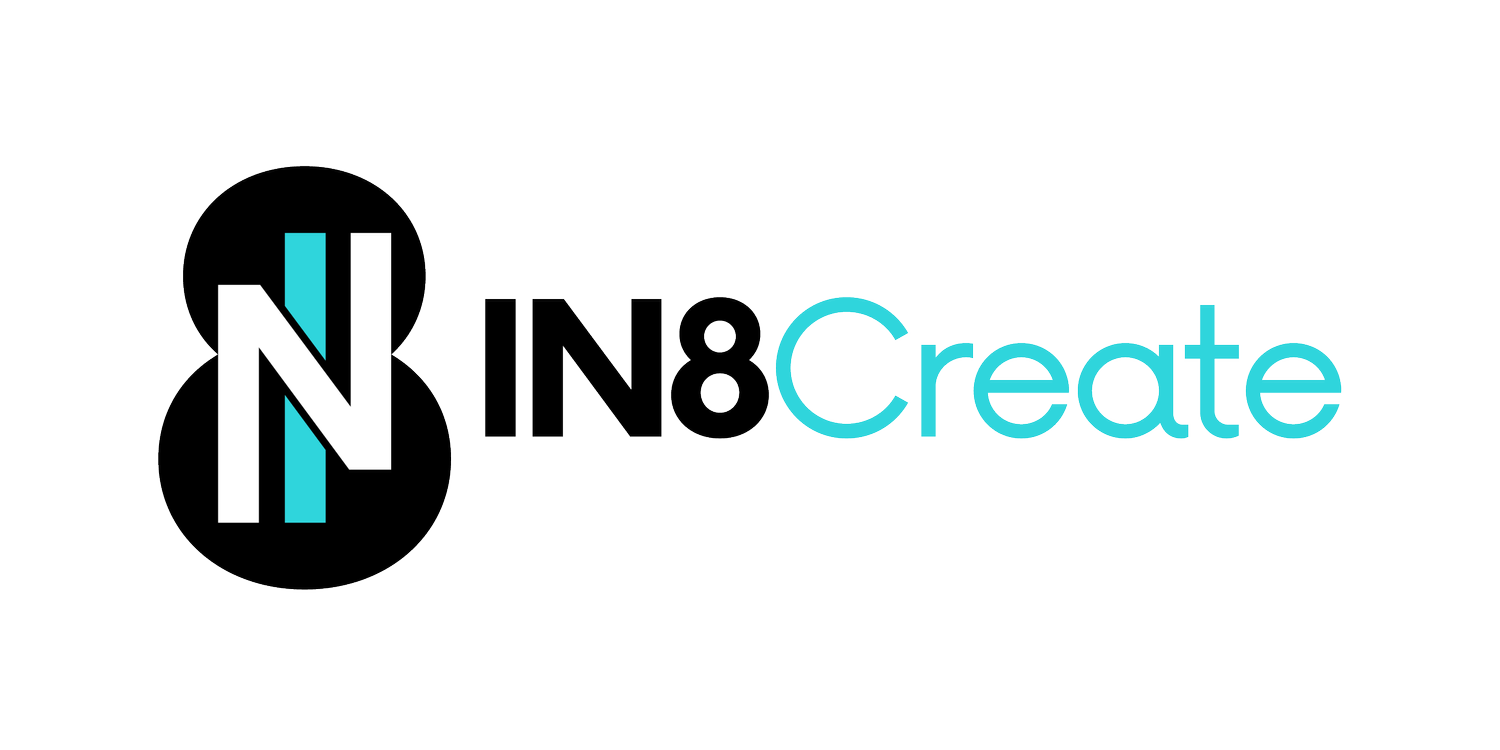
Insights

Team Performance Systems: Building High-Performing Teams That Deliver Results
Team performance isn't about working harder—it's about working smarter together. Research shows that teams with effective performance systems are 25% more productive and deliver 2.7X more value than those without structured approaches. Yet most organizations struggle to move beyond surface-level team building to create lasting performance improvements.

Team 101: What Does It Mean to Be Part of a Team?
Building these fundamentals isn't about team retreats or trust exercises. It's about creating explicit agreements around how you'll work together, then practicing those agreements until they become natural.
It's having conversations about what reliability looks like on your specific team. What does good communication mean when you're working across time zones? How do you show respect for different working styles? What does mutual support look like during busy periods?
The strongest teams don't assume everyone shares the same definitions of these fundamentals. They get specific about what each one means in their context.

Harnessing the Power of Competition in Team Building
In every team, competition inevitably emerges. Individuals often compete for the best idea, attention, or simply to satisfy their ego. This competitive spirit can be harnessed positively, transforming it into a driving force for innovation and problem-solving. The key lies in how we frame competition within the team dynamic.

Defining Objectives for Team Off Site Meetings
Coming up with an objective is the most difficult part of what we do. This was true when I ran workshops and off-sites internally and continues in my client work today. Here is a tip - Use a pre-mortem approach when thinking about the outcomes. Imagine your offsite/workshop is over, and it was a grand success! What does it feel like? What are people saying? How does work change moving forward?

Three Types of Team Workstyles: Baseball, Football, and Basketball (Copy)
Should 'baseball' teams be remote, 'football' teams hybrid, and 'basketball' teams in the office? The key here is understanding how work is done in teams to realize the impact of where people work and the policies and tools needed to support them.

Navigating Team Dynamics: Beyond the Zero-Sum Mentality
Explore the challenges and solutions of inter-team dynamics, understanding the pitfalls of zero-sum games, and the strategies to foster collaboration and synergy in modern workplaces.

